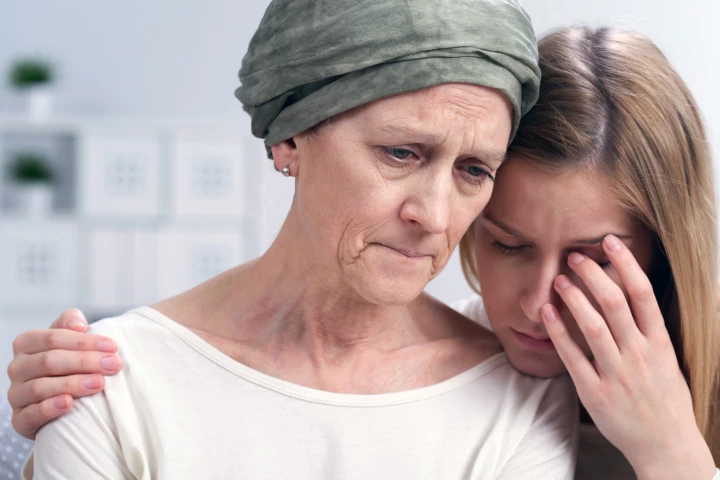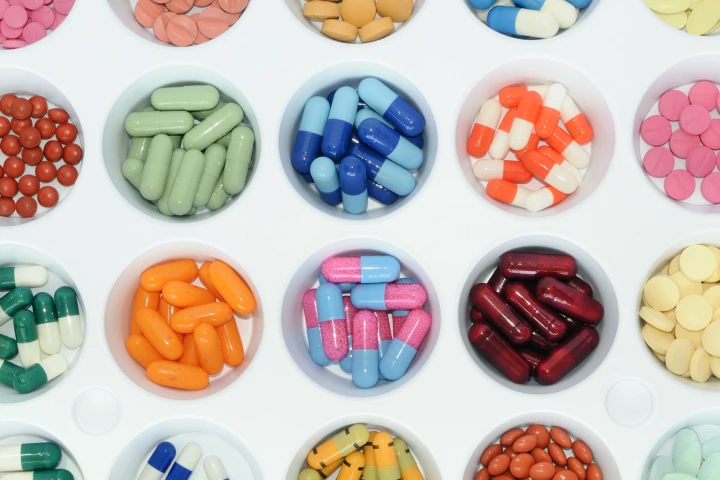Depression
-
A single psilocybin dose can significantly reduce depression in people with cancer for up to two years, according to a new study. While the study has limitations, it demonstrates the potential of psychedelic therapy in the context of cancer.
-
Researchers have found an indication of depression in a slightly unexpected place – the microbiome inside our mouths. The finding opens a new route of inquiry that could lead to novel antidepressant treatments and help other ailments as well.
-
A landmark AI therapy chatbot is closing down on June 30, and industry experts believe that its demise is most likely in response to the challenges of delivering impactful mental health services and navigating safety issues in the digital space.
-
In a study of newlywed couples, researchers found that depression and anxiety can be passed from one spouse to the other via the oral microbiome, which is transferred during close contact, such as kissing.
-
Sleeping long has a negative effect on brain performance, especially in people who are depressed, according to the findings of a new study. It suggests that sleep might be a modifiable risk factor for cognitive decline in people with depression.
-
A new study has uncovered a previously unknown link between the immune system and the fear response, and how psychedelics can play a role in suppressing it. The finding could improve the treatment of both mental, emotional and physical afflictions.
-
Love them or hate them, chatbots are here to stay. And while an increasing number of people have been turning to bots like Claude and ChatGPT for help, there's only anecdotal evidence as to their mental health usefulness. That is, until now.
-
A new study has found that antidepressant resistance is more common than was thought: 48% of people have tried at least two medications without effect, while 37% have tried four or more. It suggests a need to rethink current treatment approaches.
-
Men tend to be happier with life when they're married, as many studies have identified over the last few decades. But new research shows they also become fatter. In fact, they're three times more likely to be obese than men who remained unmarried.
-
Australians will wait an average of 12 years before getting treatment for mental health or substance use disorders, according to a new study. It's not all grim news, though. Younger people are much more likely to seek help when they need it.
-
A new study has revealed that kids who face exclusionary discipline at school were at greater risk of developing anxiety and depression. The research highlights the need to rethink how young students who act out are treated by educators.
-
A study is building on a body of evidence showing a common supplement used to build muscle may also confer beneficial mental health outcomes. The clinical trial suggests the effects of psychotherapy can be amplified by adding this nutritional supplement.
Load More











